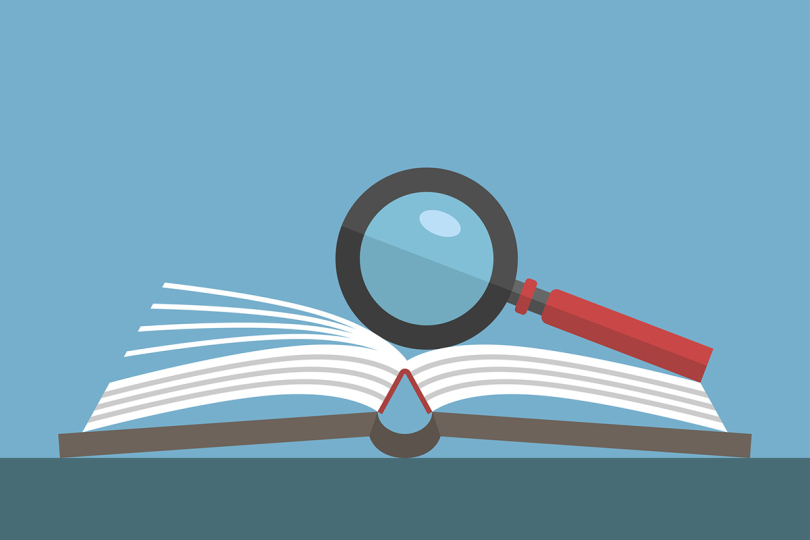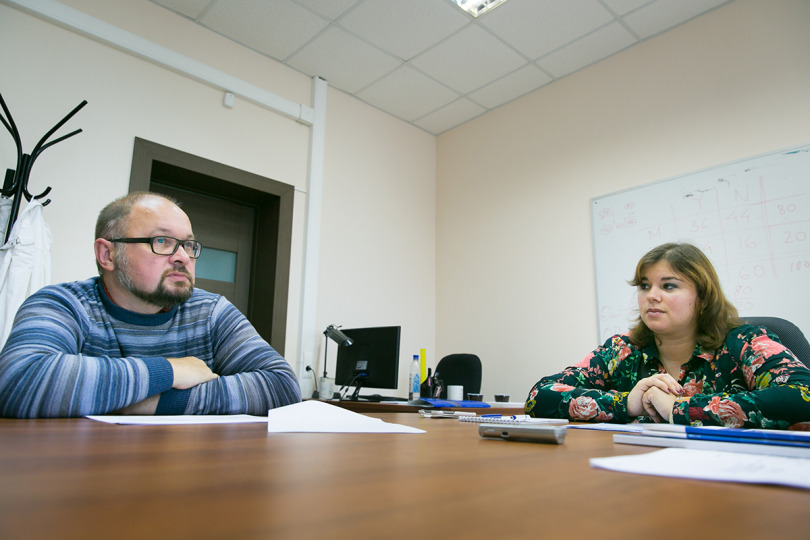.jpg)
HSE Opens International Laboratory 'Russia’s Regions in Historical Perspective'
HSE’s new International Laboratory of ‘Russia’s Regions in Historical Perspective’ will study the social and political history of Russia’s regions from the 18th to the late 20th century.
‘Mirror Symmetry Was Discovered by Physicists, But Very Quickly Got the Attention of Mathematicians…’
The HSE International Laboratory for Mirror Symmetry and Automorphic Forms, which is among several international laboratories to recently open within the Higher School of Economics, was created in December 2016 as part of the Russian government’s mega-grants program. Below, the lab’s academic supervisor, Ludmil Katzarkov, along with deputy heads Valery Gritsenko and Viktor Przyjalkowski, explain why the laboratory is fully capable of becoming a unique multidisciplinary unit dedicated to the study of mirror symmetry, automorphic forms, and number theory.

New International Laboratories Opening up at HSE
On December 23, 2016, the HSE Academic Council approved the creation of four new laboratories: the International Laboratory for the Study of Russian and European Intellectual Dialogue, the International Laboratory for Population and Health Studies, the International Laboratory of Deep Learning and Bayesian Methods, and the International Laboratory for Supercomputer Atomistic Modelling and Multi-scale Analysis.
International Laboratory for Mirror Symmetry and Automorphic Forms
The new International Laboratory for Mirror Symmetry and Automorphic Forms will open at HSE’s Faculty of Mathematics in 2017. This project, overseen by Ludmil Katzarkov (Professor at the University of Miami), won the Fifth Mega-Grants Competition of the Government of the Russian Federation.

International Not Only in Name
The International Laboratory for Comparative Social Research (LCSR) was established in 2010 in the first wave of a competition for government mega-grants to attract major academics from abroad to Russian universities. The famous American sociologist and political scientist Ronald Inglehart, Founding President of the World Values Survey and professor at the University of Michigan, became the laboratory’s first Academic Supervisor.
Game Theory Research Set to Expand in St. Petersburg
Research on game theory has a strong history in Russia, and this year’s opening of the new HSE International Laboratory for Game Theory and Decision-Making in St. Petersburg will only help it grow stronger. Leading the laboratory, which will include researchers from the St. Petersburg Institute for Economics and Mathematics, will be Herve Moulin, Donald J. Robertson Chair of Economics at the Adam Smith Business School at the University of Glasgow. Prof. Moulin is a scholar who is known for his research contributions in mathematical economics, in particular in the fields of mechanism design, social choice, game theory and fair division.
'Establishing a Hub for Health Economics and Health Studies in Russia': Interview with Christopher Gerry
On June 15 the new international laboratory, Centre for Health Economics, Management and Policy, was opened at HSE in St. Petersburg. The head of the laboratory Christopher Gerry tells us about the laboratory, its plans and prospects.
New International Labs at HSE St. Petersburg to Study Economy of Health and Game Theory
On June 26, the HSE Academic Council approved the opening of two new international laboratories. Specifically, the St. Petersburg School of Economics and Management will gain a laboratory for the study of healthcare economics, management, and policy, as well as a laboratory for game theory and decision-making. The labs' academic supervisors will be renowned international scholars.
HSE International Laboratories Celebrate 5 Year Anniversary
It is five years since the HSE began setting up international laboratories. HSE’s Deputy Vice-Rector, Marina Litvintseva, Head of Laboratory for Algebraic Geometry, Fedor Bogomolov, and Ronald Inglehart and Eduard Ponarin from HSE Laboratory for Comparative Social Research reflect on the results of the work conducted last year and on the achievements of the laboratories.
416
research assistants worked in different academic divisions at HSE in 2014. Approximately half of them worked in international laboratories.


Registration deadline - April 30